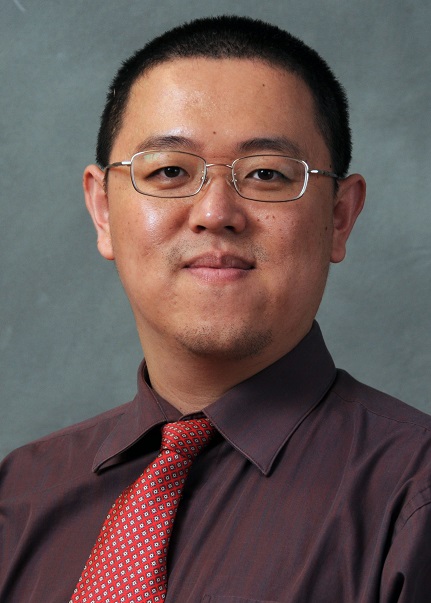Events Calendar
Abstract: With the rapid expansion of artificial intelligence (AI) in medicine, a new generation of auto-segmentation algorithms based on deep learning (DL) with artificial neural network has shown great clinical potentials. Our AI group at MGH has been collaborating with Mirada Medical (Oxford, UK) to develop auto-segmentation models on its DLCExpertTM platform. The Mirada DLC algorithm uses a convolutional neural network (CNN) with a U-Net structure to learn features from the input images to generate a semantic segmentation. Our initial efforts were focused on developing DLC models for prostate cancer patients with an insertion of a hydrogel spacer (Boston Scientific, Marlborough, MA) between prostate and rectum before receiving radiation therapy (RT). A model was first trained by patients with a radio-transparent version of the spacer, SpaceOARTM. It was validated, tested and commissioned for clinical use. The initial model was adapted once our clinic switched to an updated radiopaque version of the spacer, SpaceOAR VueTM. The initial model was retrained by overriding the density in the contoured spacer ROI. The adapted model was validated, tested and commissioned for clinical use. Since January 2021, the adapted model has been prospectively deployed at MGH main campus and three network locations, and the clinical use was later extended to patients without spacer. The second disease site for our modeling efforts was cranio-spinal irradiation (CSI). Our group developed the first ever DL auto-segmentation models for pediatric RT. The model can auto-contour thecal sac and whole vertebrae, as well as kidneys and lungs. The model was validated, tested and commissioned for clinical use in May 2021. The model saved ~2.5 hours of contouring time, which not only reduced the turn-around time for the CSI treatment, but also allowed our clinic to use the saved time on other quality improvement measures. More models are under development for CNS, H&N and breast treatments.

About the speaker: Dr. Yi Wang is a clinical physicist from Massachusetts General Hospital and an Assistant Professor at Harvard Medical School. He is serving as the Head of the Laboratory of Artificial Intelligence in Radiation Oncology (LAIRO) at MGH, and a member of the AAPM’s Machine Learning Subcommittee (MLSC). His group’s primary focus is on developing and clinically implementing machine learning tools and models. LAIRO works with Mirada Medical on deep learning auto contouring, and have already deployed three models for clinical use, resulting in significant promotion of operational efficiency and consistency across the network. The lab also works with RaySearch Laboratories on machine learning auto planning, and developed three models that can generate multiple high-quality, directly deliverable auto plans with just one click. Most recently, his group is working with GE to develop pseudo-CT from MR to facilitate MR only treatment planning. Different from most AI labs around the country, LAIRO mainly consists of clinical physicists and dosimetrists, and works closely with clinicians. The lab’s main mission is to translate machine learning technologies to clinical care.
